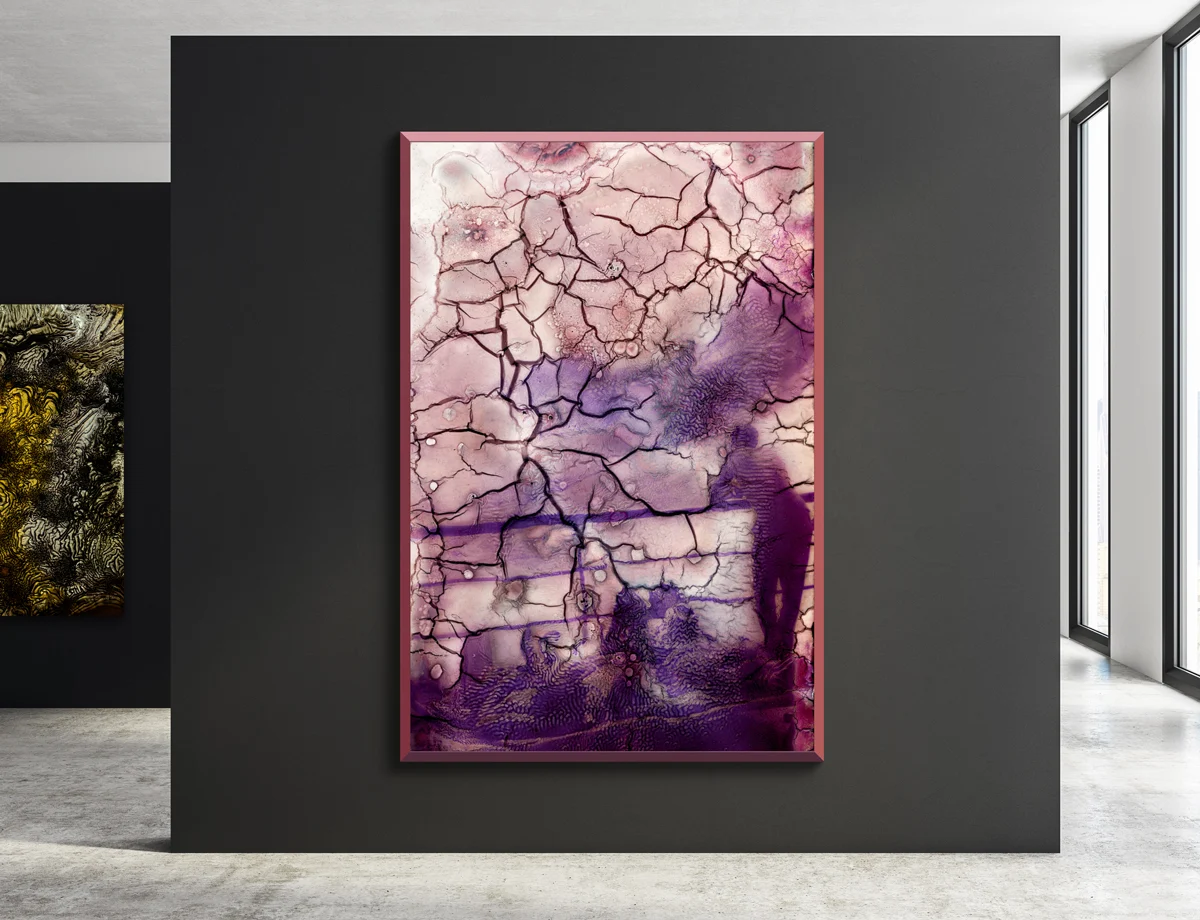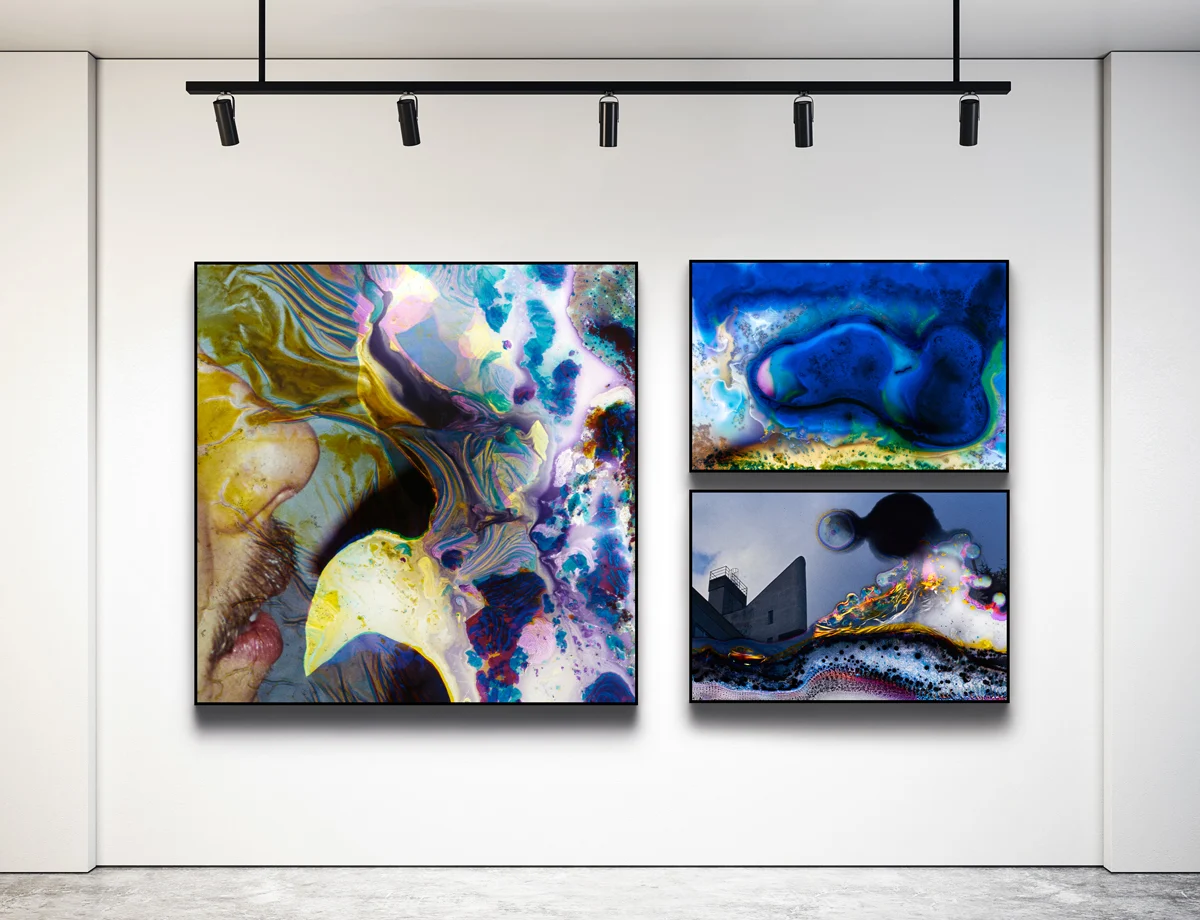Short profile
Ron Geipel was born in West Berlin in 1975. In the 1990s, he developed his skills and vision as a photographer, presenting his work at various events using modified slide projectors. In the early 2000s he was fascinated by the new digital possibilities offered by the computer. He started to work with moving images and digital film and worked in a motion design studio for big brands. Since 2014, he has returned to analog photography, creating images without digital effects, using analog film, microorganisms, and chemicals.
With themes of life, chaos, transformation, and coexistence, his images explore the ways in which nature can be changed and reinterpreted. He currently works between his home and São Paulo, Brazil.
In this interview, he reveals how he discovered photography when he was just a few years old, what the basement of his childhood home has to do with it, and what inspires him today.

4 QUESTIONS TO RON GEIPEL
Can you tell us a little bit about how you became a photographer?
I started taking photographs when I was 12 years old. That was 1988 ;). In the basement of my parents' house I got my own darkroom when I was 16 and started developing in black & white. Following recipes is difficult for me, so the results of my lab work were not very professional.

Photo: Ron Geipel
Please share something about your images. What is your special interest? How do you choose the colors, composition, themes etc.?
I have been working half of my life in (motion) design with computers for film & advertisement. Fascinated by the possibilities of what modern 3D software has to offer, but at some point I got bored and went back to the old school 35mm film process combining an analogue (development) process with microorganisms like bacteria. While experimenting a lot I found ways to control the bacteria and got results I had in mind.

Photo: Ron Geipel
I really like the depth of the organic structures my bacteria are able to produce, sometimes combined with the leftovers of an analogue photograph. My own digitalization process of the analogue images is extremely work intensive but it lets me produce high-res images above 100k pixels for large scale printing.

Photo: Ron Geipel
How do you get inspired? And what inspires you the most? Films, books, or magazines? Or what surrounds you?
I’m very inspired by the fermentation process when it comes to cooking or drinking, even brewing my own beer for a while. Visually I really like plants and am a huge fan of Ernst Haeckel and the images of microscopic lifeforms he has drawn.
What are your plans for the rest of the day?
What? ;)





